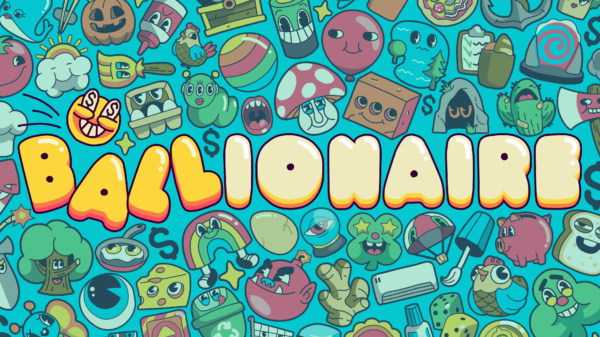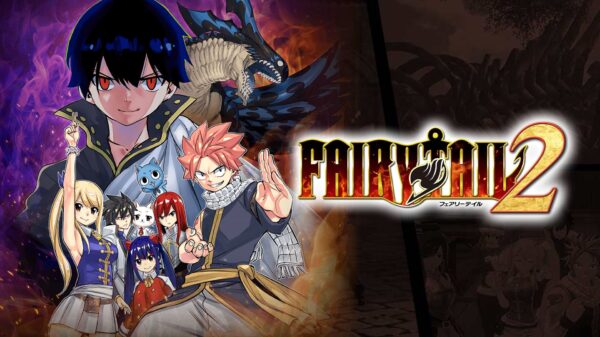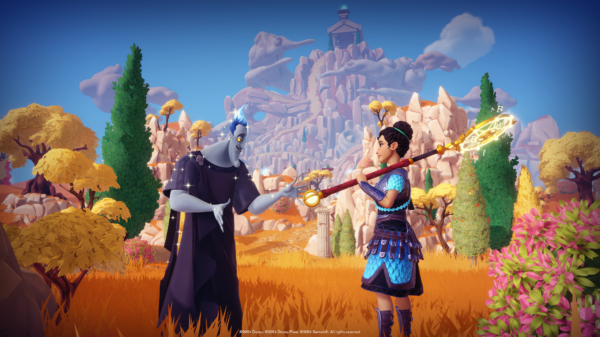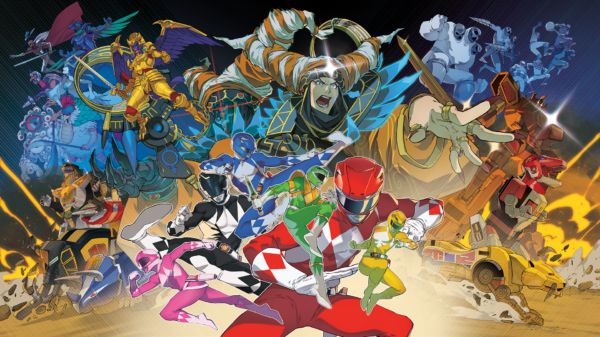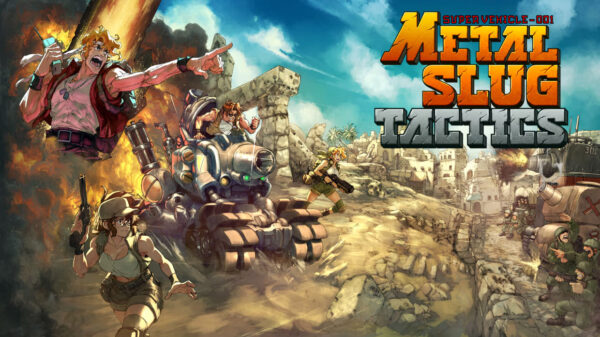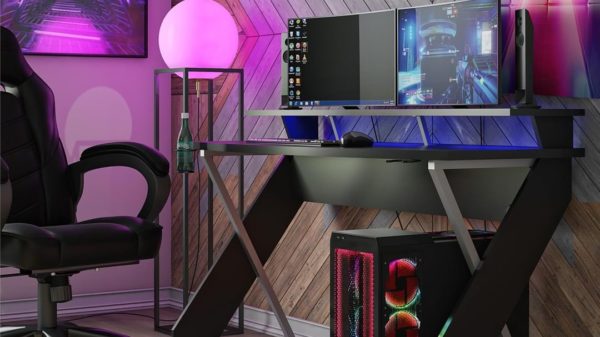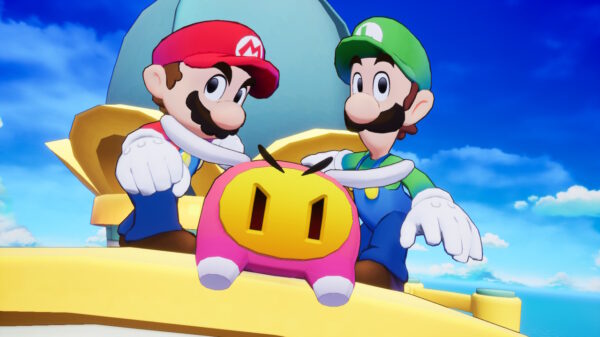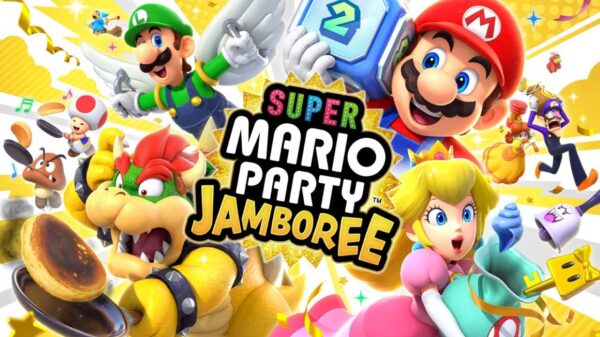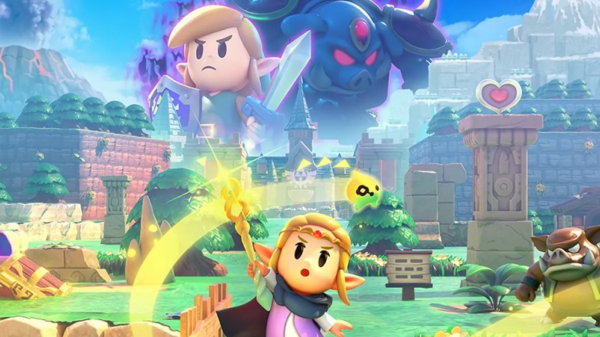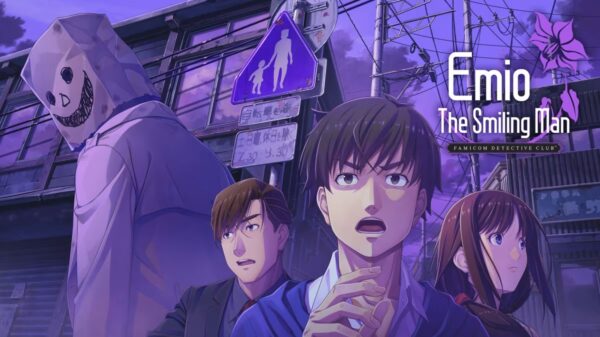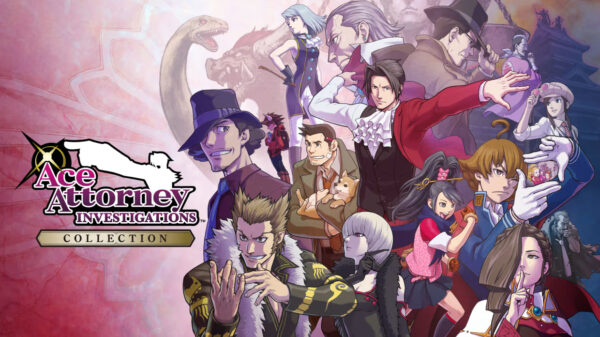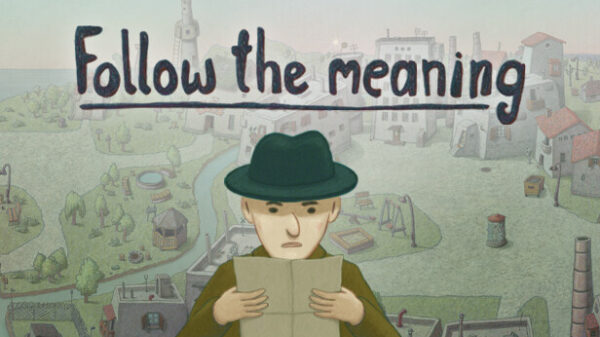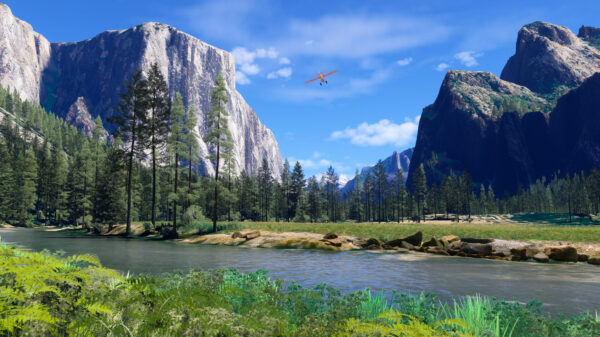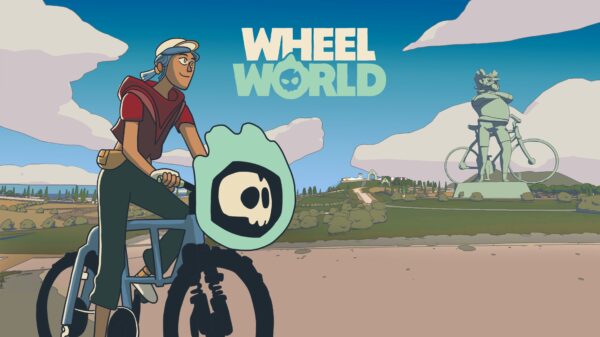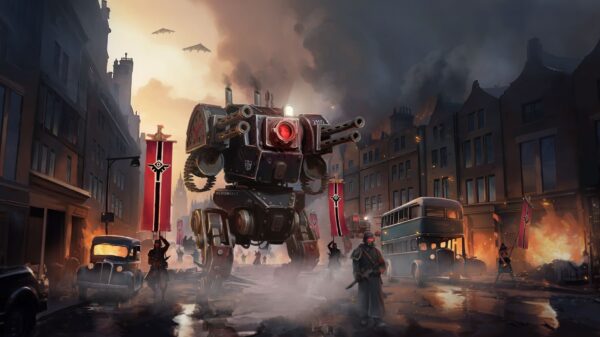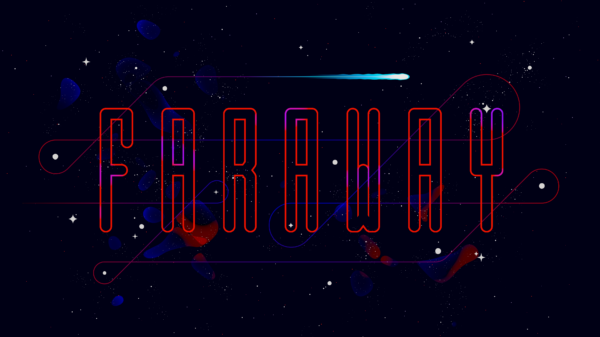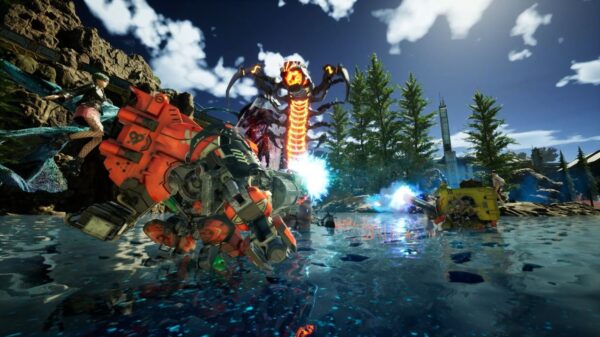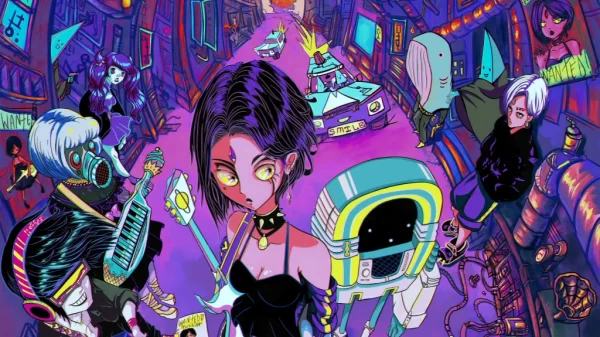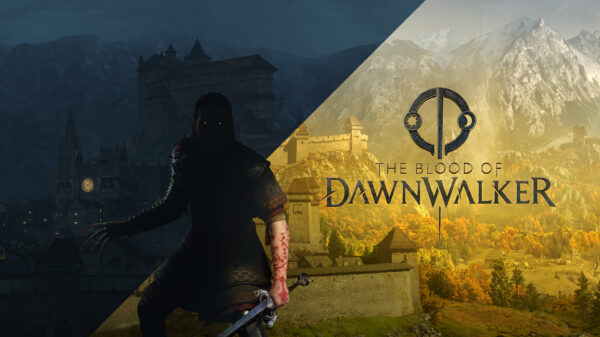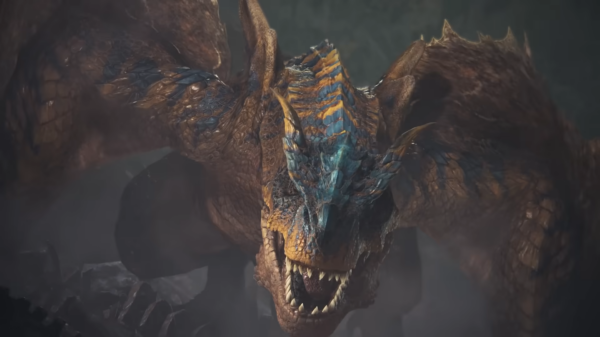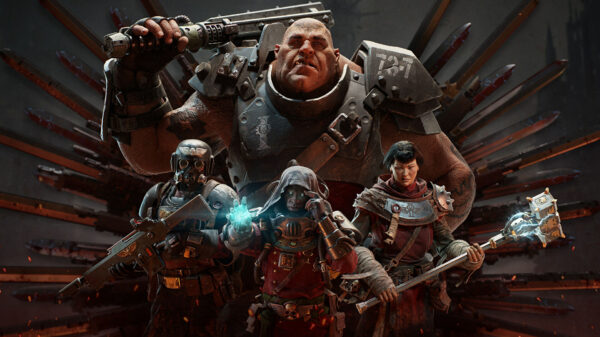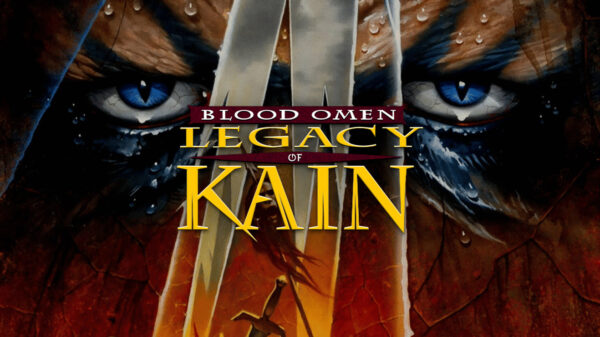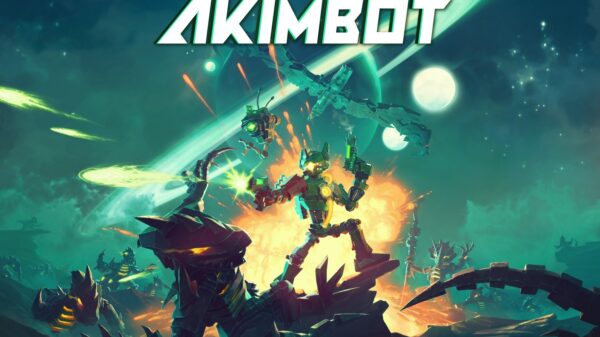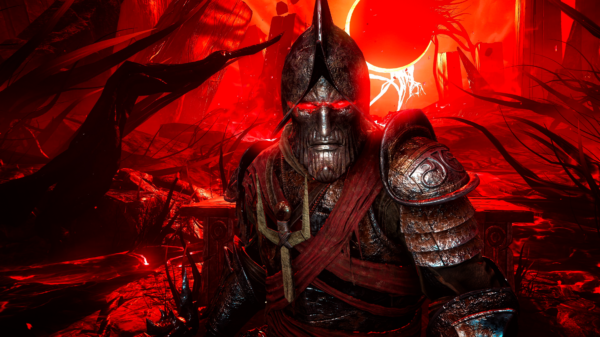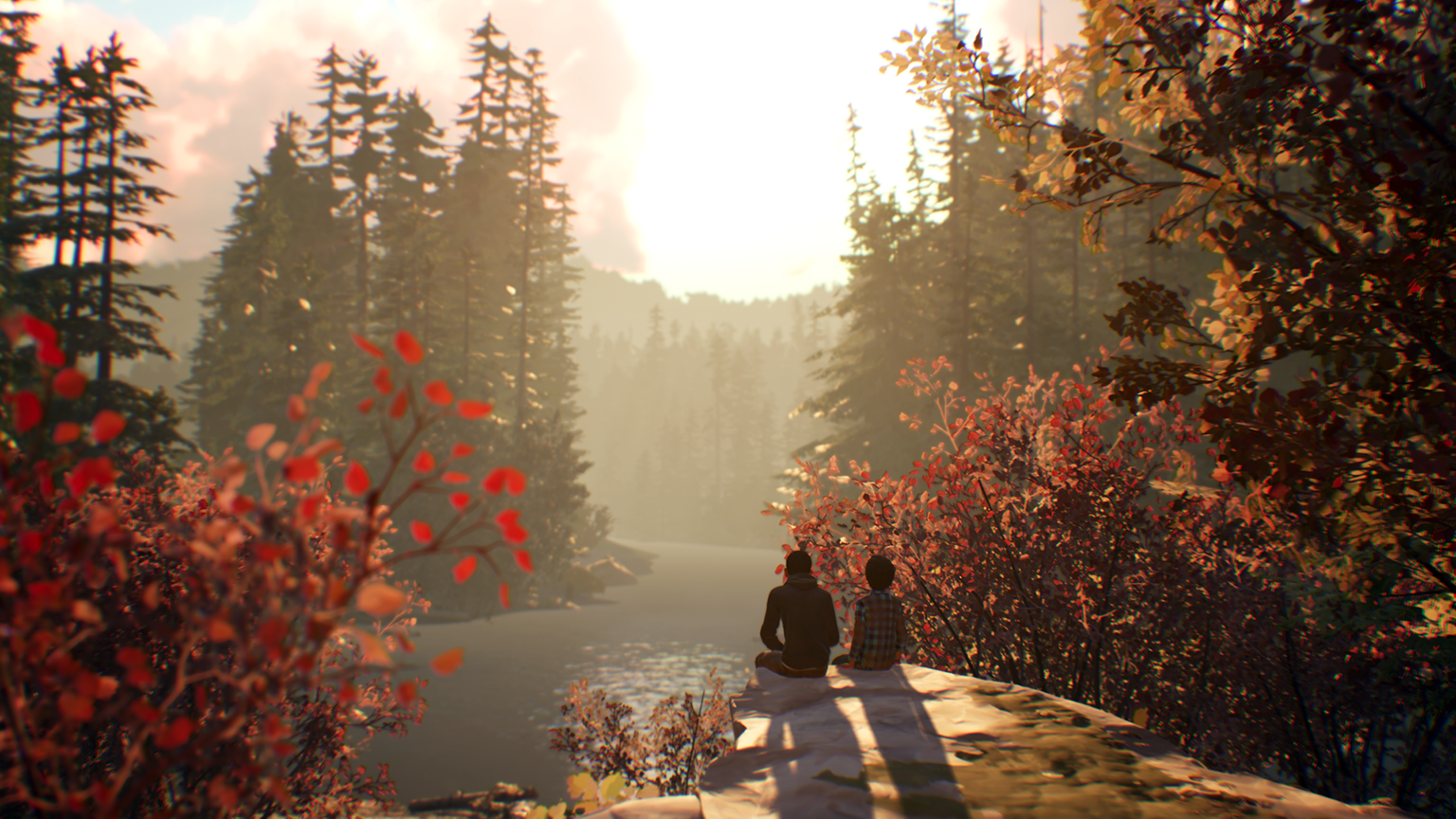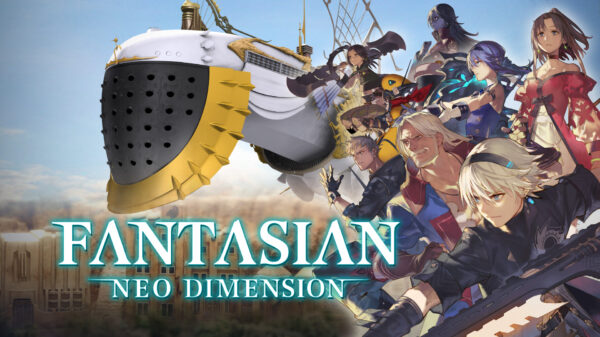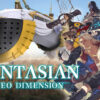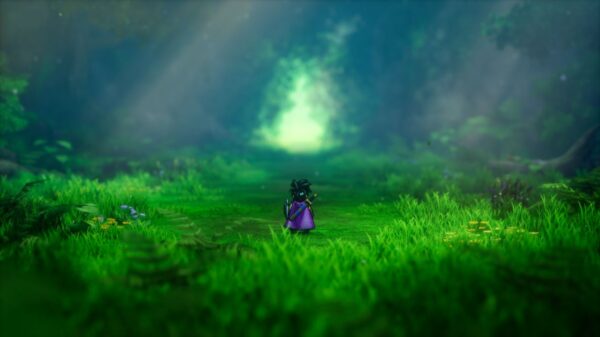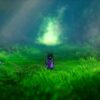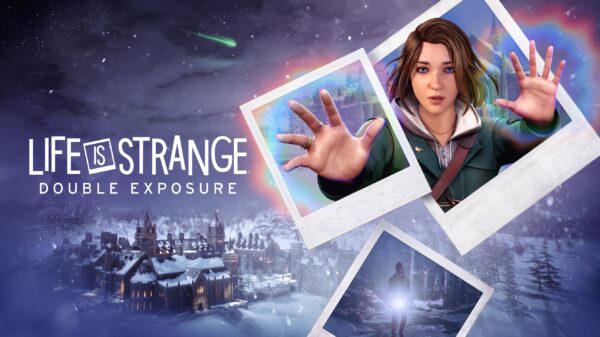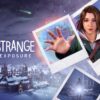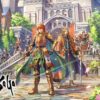Ever since the official reveal of Life is Strange 2, I’ve seen constant criticism over the developers’ choice in concluding Chloe and Max’s adventures. For many fans, the focus on LGBT and feminist issues in Life is Strange provided a safe space to discuss identity—and recognize the painfully real hardships girls face in a world riddled with toxic masculinity (especially during their teenage years). While I do resonate with these concerns, I still believe Life is Strange 2 will be a faithful, and important, addition to the series.
Last week, Square Enix released “The Road to Life is Strange 2”—a nine-minute documentary detailing the game’s evolution and development. In addition to exclusive in-game footage, the video featured snippets of interviews with creators, writers, and developers.
Creating anything—whether it be food, art, or video games—is personal. Creative collaboration involves taking parts of yourself and others and putting it into something you can say you’re proud of. And, watching the documentary, you can see how passionate the team is about Life is Strange 2. But beyond that, you feel how important the fans are to them as well.
“We wanted to keep the same style,” says Edouard Caplain, lead concept artist. “I want people to see Life is Strange 2 and feel the vibes of Life is Strange 1.”
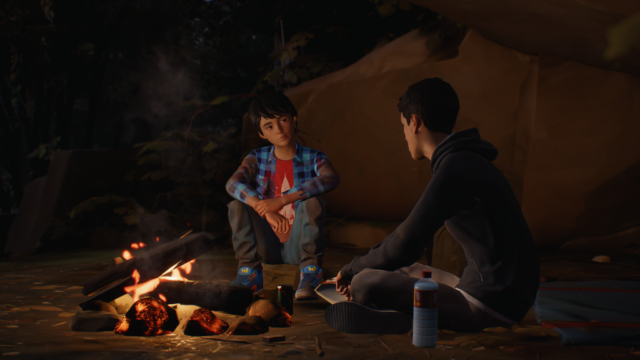
Life is Strange 2 is a completely separate story from the original Life is Strange. It centers instead on brothers 16-year-old Sean and 9-year-old Daniel Diez, who flee their home in Seattle after a tragic event in hopes of reaching Puerto Lobos, Mexico. The only similarities between the two titles are the Pacific Northwest setting, some occurrence of supernatural power, and a ‘travel’ aspect (though physical and time travel are different enough).
How then, you may ask, is Life is Strange 2 remotely a Life is Strange title, aside from the name? Well, we have to ask ourselves: what is Life is Strange truly about?
“The Life is Strange series is about everyday, relatable characters facing universal issues—laced with twists and strength,” says Jean-Luc Cano, writer and co-creator.
That’s where I think the “this or that” mentality gets dangerous.
First (and this is important), we need to recognize that creators are entitled to exercise their creative muscles. That some of us feel Life is Strange 2 “has” to include Max or Chloe to be a true Life is Strange title is straight up disrespectful. It denies the developers any agency in their storytelling process, instead allowing fans to dictate which stories deserve to be told over others. This argument reminds me a lot of when fans criticize music artists for changing their sound in new albums. If artists aren’t allowed to find their voice and footing through experimentation, then what’s the point?
Second, we need to recognize DONTNOD’s efforts in actively trying to ensure Life is Strange 2 feels like the original. They might not be doing so with the same cast of characters, but even playing the free spin-off The Awesome Adventures of Captain Spirit, I felt like I was playing a Life is Strange game. DONTNOD achieves this through, yes, the choice mechanic. But the soundtrack, the graphics, the abundant Easter eggs, and more also build the Life is Strange atmosphere.
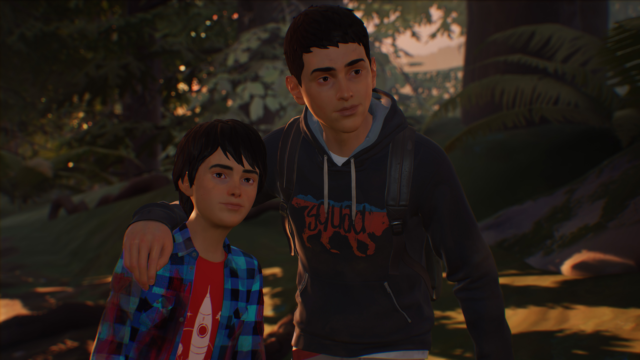
Third, we need to recognize the diversity, and representation of different minority communities, in every Life is Strange title. Life is Strange did an incredible job painting teenage girl angst and deepest fears, as well as exploring sexual orientation. What Life is Strange 2 offers is a deeper look into the struggles of people of color (Latino specifically), including police brutality. Police brutality has been in the news more than I’d ever thought possible, and DONTNOD is giving us an opportunity to talk about it. To give more of a damn about it. To not just retweet or repost and forget about it. These are real, frightening issues that need to be written about, talked about, cared about. And I’m thankful DONTNOD is giving us a platform to do so.
Fourth (and this is probably the easiest to do), we need to refrain from passing judgment to Life is Strange 2 by going off of what information’s been released to the public. Seriously, what do we have? A few gameplay trailers, the documentary, published interviews—essentially, all talk. The game doesn’t even come out until September 27, and yet we’re so caught up in our own fears/hesitations that we can’t get excited for what should be an incredibly #woke, high-class Life is Strange game. We haven’t played it yet, so who are we to judge?
Ultimately, I appreciate what DONTNOD is striving to do with Life is Strange 2. And I hope we can all be more supportive of this amazing group of devs for doing what they believe is right.

